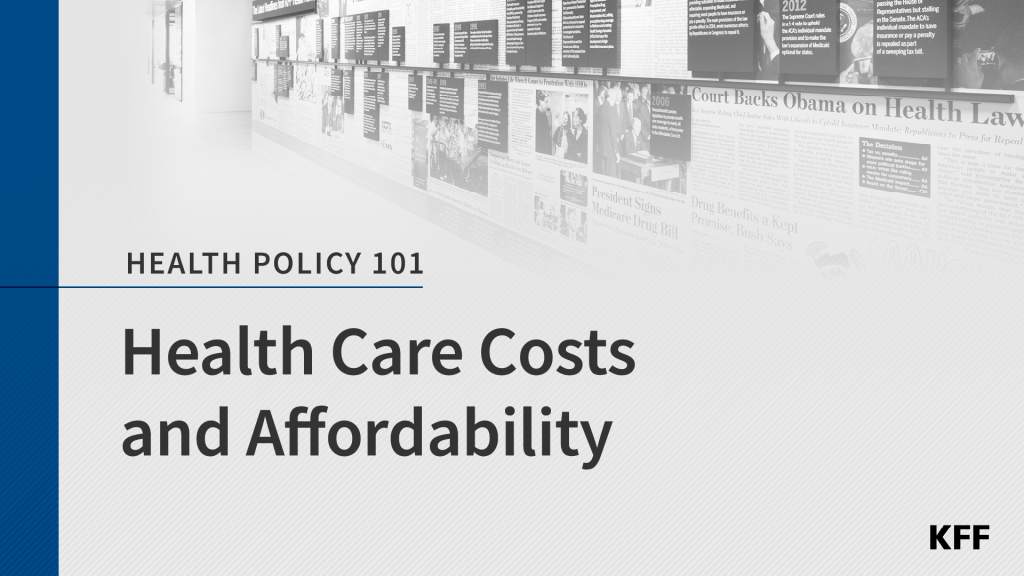Obamacare and You: If You Are Uninsured…
The Affordable Care Act, also called Obamacare, creates several new ways to get health coverage. This fact sheet explains how If you are uninsured and not offered health coverage through your job, you may be able to obtain coverage through Medicaid or through a new health insurance marketplace (or exchange) in your state. It is from our Obamacare & You series.
